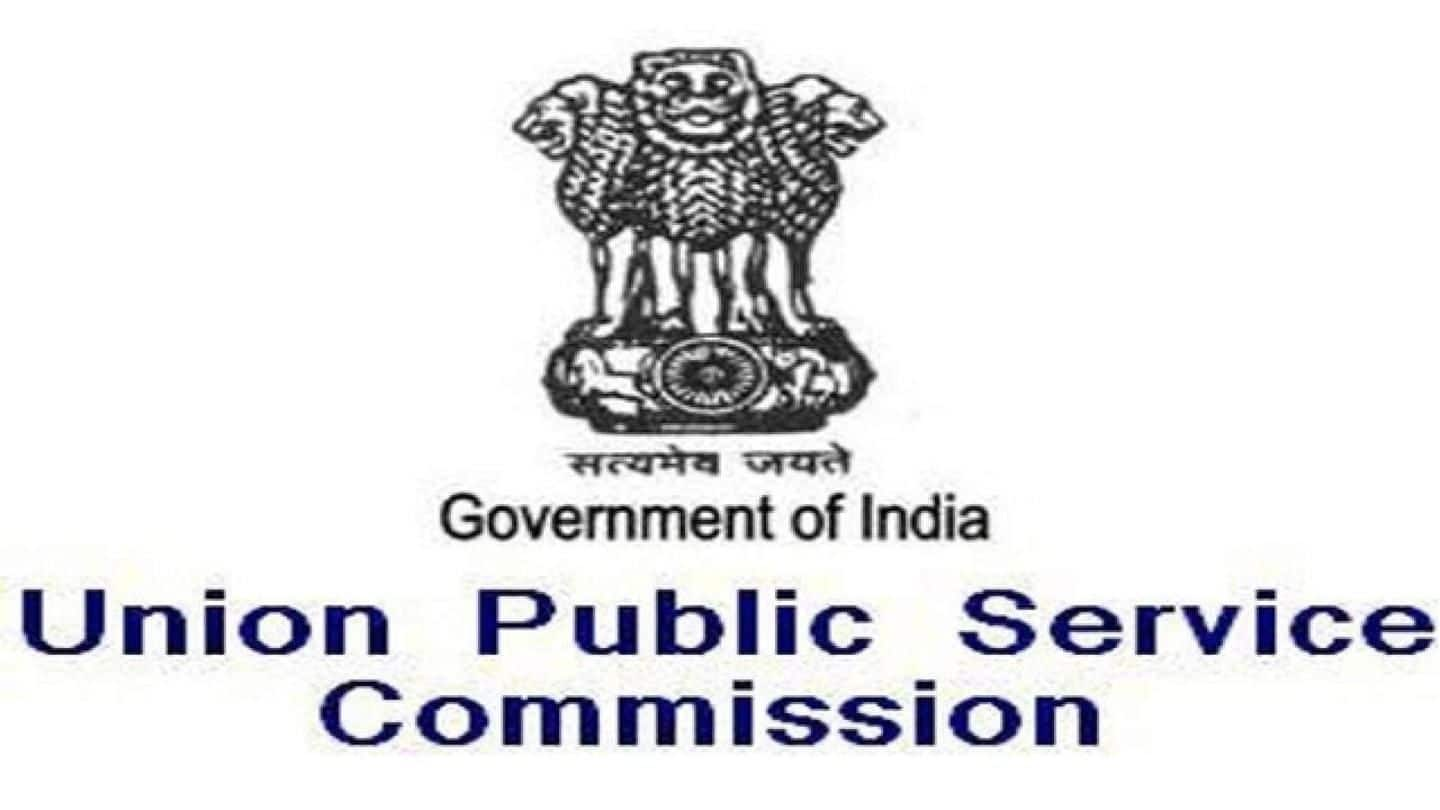
Tips to boost your memory for IAS exam
What's the story
The Indian Civil Services exam, commonly referred to as the IAS exam, is conducted by the Union Public Service Commission (UPSC) each year.
The exam is considered one of the toughest in India, and demands the aspirants to have strong learning power and memory, since the syllabus is pretty vast.
Here are some tips to help you boost your memory for the IAS exam.
Tips (1)
Learn interactively; Revise regularly
Learn interactively: Make learning fun by using interactive learning tools and methods. From time to time, refer to visual graphics, diagrams, documentaries and feature films. That will help you understand and retain information for longer.
Regular revision: Just learning things isn't all there is to your UPSC preparation. Retaining information is the key, and for this, regular and religious revision is a must.
Tips (2)
Engage in group study; Learn by teaching
Group study: Arranging group study sessions with your friends will help you learn the topics more deeply and thoroughly. Also make sure to frequently participate in debates with your group-mates to get different perspectives on topics and issues.
Learn by teaching: Teaching and learning go hand in hand. When you teach others, your grasp over the topics and your confidence are bound to augment.
Tips (3)
Try mnemonics and self quizzing methods; Make your study-sessions short
Mnemonics: Use mnemonic techniques like abbreviations, acronyms, and other such learning techniques to improve your UPSC exam preparation.
Self Quizzing: Test your progress from time to time by using self quizzing techniques, and keep analyzing your performance.
Shorter study sessions: We have shorter attention spans than we think. So, it's better to have shorter but quality study sessions, while taking frequent breaks.
Information
Other tips: Eat well; Make time for rest and relaxation
We understand that the highly competitive IAS exam requires persistent hard work. But, in your quest to success, do not forget to make time for enough rest and relaxation. Try stress-busting activities like exercise and meditation. Also, eat well, and sleep for 7-8 hours daily.